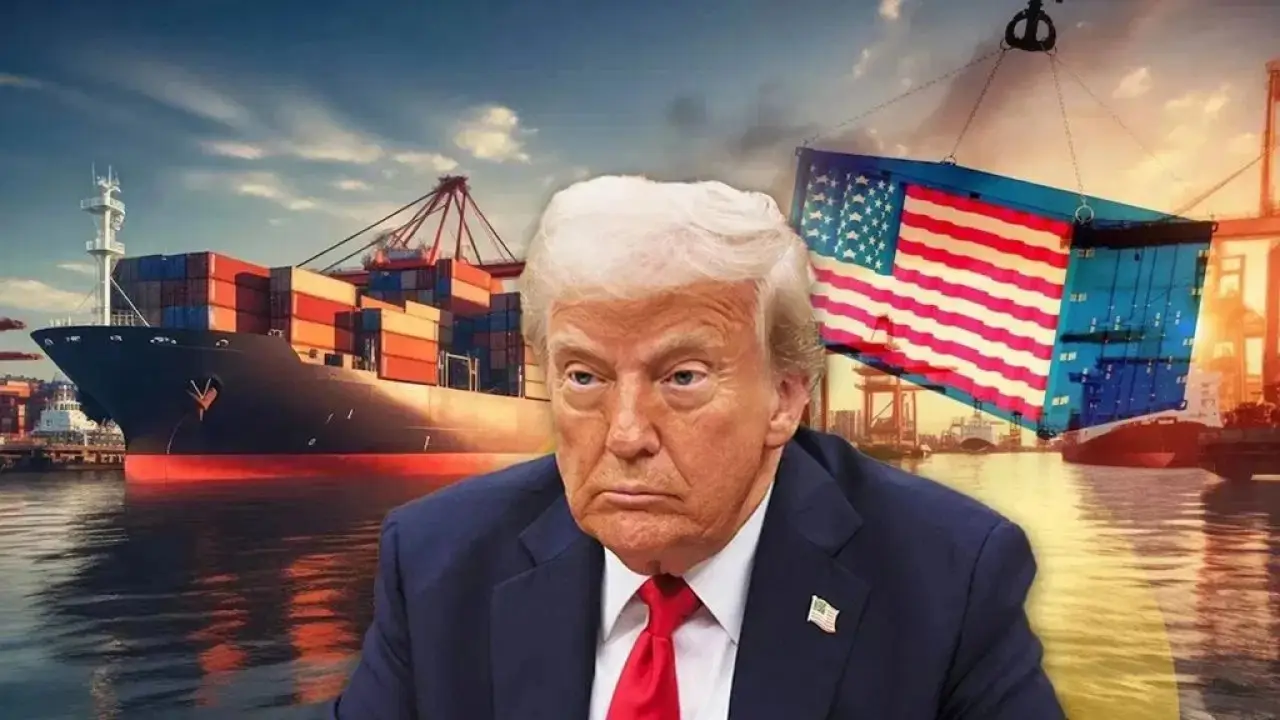
Trump’s Tariff Shock Rattles Global Markets (Social Media)
International News: US President Donald Trump’s latest tariff policy has triggered tremors across the global economy, sending shockwaves through markets and trade systems worldwide. The sweeping tariffs, set to take effect on August 7, are already reshaping international trade flows and affecting prices in the United States. From developed nations like India, Canada, the UK, and Japan to smaller developing economies such as Laos and Algeria, nearly every country is grappling with the fallout of Trump’s decision.
Experts warn the move could backfire on the US itself. Barry Appleton, co-director of the Center for International Law at New York Law School, said, “This is a policy with no real winners. Most countries will suffer, and the United States will feel the pain as well.”
After reclaiming the presidency, Trump has upended the traditional global trade framework. US trade policy is no longer governed by established rules—it now largely reflects the President’s own directives. He has been threatening nations that resist his terms and demanding concessions from those that comply.
Alan Wolfe, former US trade official and ex-deputy director of the World Trade Organization (WTO), explained, “Trump gambled that intimidation would bring countries to the negotiating table—and to an extent, he’s proven himself right.”
The turning point came on April 2, a date Trump’s aides have dubbed “Liberation Day.” That day, he announced tariffs of up to 50% on trade-deficit nations and a 10% baseline levy on all others. Invoking a little-used 1977 US law, Trump declared the trade deficit a national emergency—a move that allowed him to bypass Congress and impose tariffs unilaterally. This sweeping power grab has since been challenged in US courts.
Even Brazil wasn’t spared: it faces a 50% tariff because Trump disliked former President Jair Bolsonaro’s policies. Canada saw a 35% duty slapped on its exports after signaling it might recognize Palestine.
The message is clear—tariffs are no longer just trade tools; they’ve become weapons of diplomacy.
The tariffs’ impact isn’t limited to foreign economies—Americans themselves are bearing the cost. Everyday goods like sneakers, TVs, electronics, bags, and video games have become noticeably more expensive because most of these products aren’t made in the US.
A Yale University study estimates the new tariffs are forcing the average American household to spend an extra $2,400 a year—nearly ₹2 lakh—on basic purchases.
In 2018, the US import tax averaged 2.5%. Today, in 2025, it has soared to 18.3%—the highest level since 1934. Former WTO deputy Alan Wolfe warns, “American consumers are the biggest casualties of this policy. They’re paying more on every single purchase.”
Trump’s tariff blitz has reignited trade tensions worldwide, throwing global markets into uncertainty. From wealthy economies to fragile nations, no one has escaped its reach.
Economists caution that if this “tariff-first” approach continues, it could not only undermine the world trade system but also place the US economy under severe strain.





Copyright © 2026 Top Indian News
